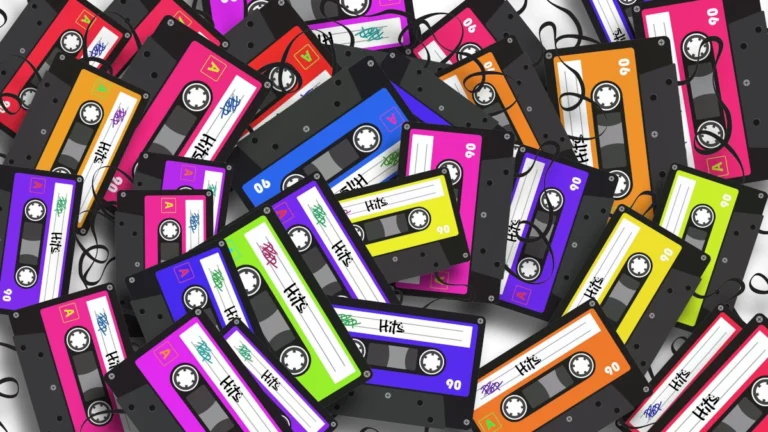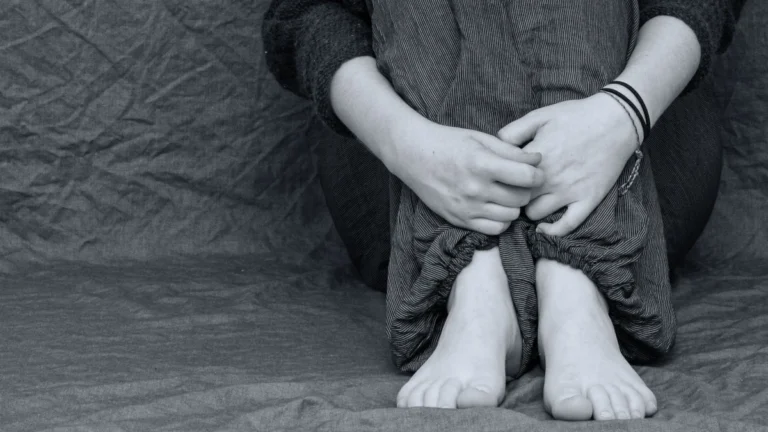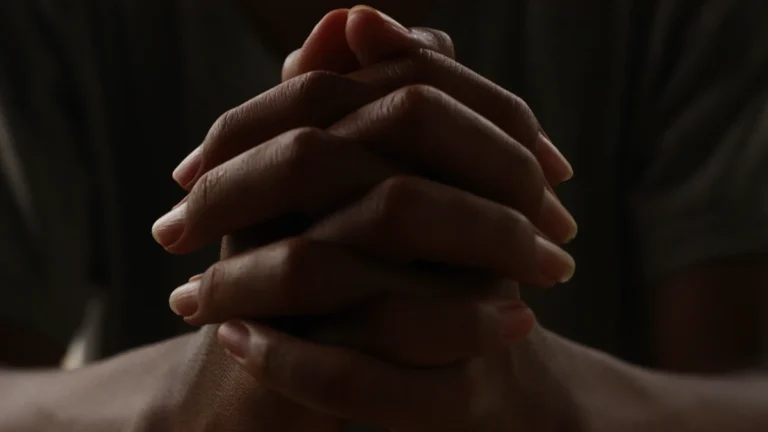Who survives when the bill for thirty years of illusions finally comes due
In March of 2000, just after the world congratulated itself for having survived the great apocalypse of the Y2K bug — that digital dragon that turned out to be a paper tiger — we were blindsided by a genuine catastrophe. The dot-com bubble ruptured like an overripe boil, splattering its froth across the world economy. One day prior, investors swore the ride would last forever. They delivered sermons on why this time was different, why the prophets of doom were deluded, why this was no bubble, no Ponzi scheme, no manic stampede in pursuit of gold dust. It was destiny, progress, the future itself.
Until it wasn’t.
The 1990s were a carnival of optimism. I was a paying customer, ticket in hand, eyes glazed with wonder. The Soviet colossus had just crumbled into dust, the “end of history” had been declared, and although the cynic in me always gagged a little on that phrase, I allowed myself to be swept along. The world had become a banquet hall of infinite opportunity. Brick-and-mortar shops were passé, a relic of the old order. The boldest of start-ups materialized from thin air, conjuring millions — sometimes tens of millions — on the basis of a single PowerPoint slide deck.
The absurdity was sublime. So when the crash came, it struck not just wallets but souls.
I was in my early thirties then — no longer a boy, not yet gray at the temples. I worked for an Internet start-up in Paris, translating English to German by day, teaching myself code by night, and scraping through law school in the margins. I wanted the dream to be true. I inhaled its fumes. And so when the bubble detonated, I caught the shrapnel in my own skin.
The start-up capsized quickly, belly-up in the Seine, and I abandoned that glittering circus to build something more grounded: a tourism venture. Schedules, bookings, buses, tours — real people moving through real streets. And in that return to the tangible, I found time to brood. What had just happened? Why did the world not pause, not purge, not reckon? Surely such lunacy demanded some kind of atonement.
But the world shrugged. It twitched once, maybe twice, and carried on spinning. No reckoning. No penitence. The miscreants simply walked away. Start-up founders reinvented themselves as “serial entrepreneurs,” banks brushed off the dust, and investors went hunting for the next golden calf. The infection lingered in the body, untreated, festering quietly.
I felt cheated. My worldview had always held that mistakes demand payment — in sweat, in pain, sometimes in blood. If the debt is left unpaid, the error metastasizes. Yet nothing of the sort happened. It was as though the world had decided to treat gangrene with a silk handkerchief.
That dissonance gnawed at me. Maybe I was the fool. Maybe it really was different. And then came 2008.
By then I was back in Austria, working in energy deals for the nation’s largest company. The hammer blow of that year felt oddly satisfying. Vindication, bitter but welcome. The world had dodged its duty in 2000, and the debt had swollen monstrously. This time, the collapse wasn’t confined to a coterie of Internet start-ups; this time it dragged the entire financial edifice into the abyss.
Wall Street quaked, but so too did the cobblestones of Europe. Household names dissolved overnight. Giants fell. Governments stared into the abyss — and then recoiled, not in humility, but in terror.
I thought, naively, that this was it. At last, a reckoning. At last, reality would force us to confront the rot.
How wrong I was.
Instead of amputation, the surgeons reached for cosmetics. They didn’t just paper over the cracks; they plastered them with freshly printed money. A trick as old as empire, but this time the presses screamed red-hot.
And, perversely, it worked. For a time. The economy ballooned to grotesque proportions. People stuffed themselves with cheap goods from China, gorged on luxury, traversed the globe like aristocrats of the Belle Époque. On the surface, it was prosperity incarnate. Underneath, it was stage scenery, propped up by borrowed air.
I learned something vital then. Individuals, corporations, governments alike — they will do absolutely anything to preserve the illusion they inhabit. They would rather swallow poison than admit the feast is over. They will cling to hope, even malignant hope, because to relinquish it would mean stepping naked into the void.
Zombie companies were kept alive with injections of liquidity. Interest rates fell not merely to zero but below it, debasing money itself. Consumerism, cheap and frantic, was not just tolerated but sanctified. The original disease was not cured but amplified.
By 2008 I had begun my long project of preparation — a private, stubborn quest to ready myself for the day when the house of cards would finally collapse. For twelve years I was mocked. My family thought me paranoid, horns sprouting from my head. Each passing year seemed to prove them right.
And then came 2020.
COVID — a carnival of absurdities in its own right — arrived not as a medical plague alone but as an economic accelerant. Suddenly, inflation — that ancient beast long declared extinct — slouched back into our lives. Unlike earlier crises, this one could not be smothered with money printing alone. The presses went white-hot this time, but the disguise slipped.
Vindication, again. Hollow, bitter, but real. The mayhem I had foreseen swept over us, dragging me and mine with it. Preparation softened the blows, but no one emerged untouched.
Now, for the first time in decades, ordinary people sense the truth: the hard times are not temporary. They will not end neatly after two years, or five, or even ten. This is the long crisis, the bill for every missed opportunity since 2000.
So the question arises: who is most at risk in what’s coming?
Here, age matters.
The Boomers — swollen with assets and pensions — are ripe targets for governments desperate to seize anything of value. Generation X, my own cohort, occupies the middle ground: too young to coast, too old to rebuild. The Millennials are suffocating in debt, watching their markets disintegrate, their future dissolve. And Gen Z? Poor souls raised in the digital realm, with scarcely a skill tethered to the physical world.
But it is the older generations who face a sharper reality. Once you pass fifty, external circumstances grow less important to your personal trajectory. Careers plateau or fade. Retirement looms. The circle of life contracts: home, neighborhood, a handful of familiar haunts. By eighty, your world is as small as your living room — unless you’ve found some vocation to fill the shrinking horizon.
That contraction means one thing: if the crisis lasts more than a decade — and it will — it is terminal for those already past fifty.
Lest you drown in despair, let me offer a morsel of solace. If you’re in your seventies, you might stagger through with nothing more than cosmetic scars. You’ll face shortages, indignities, a gnawing anxiety — but the odds are you’ll cross the finish line before the roof caves in entirely.
Me? I am in deeper water. Thirty years remain on my clock, and those thirty years will witness not merely a downturn, but the death throes of the entire carefree era. I’ve known this, which is why I’ve laid my preparations like a man digging a bunker while everyone else dances. When the machine comes roaring, I will sidestep. It is the sleepwalkers — those who stand transfixed in the headlights — who will be crushed beneath the gears.
And there will be many. Too many. Repairing this order will require confiscating everything from almost everyone: pensions, properties, securities, even your shiny gold coins. Never underestimate a politician’s willingness to torch his nation for one more year in office. They will press the button with a smile, left or right, red or blue — ideology is just the mask.
The only real salvation lies in preparation — not bunkers and canned beans, but mental resilience. When the state comes for assets, what remains is your skill, your ingenuity, your capacity to solve problems with your bare hands. The ability to fix what breaks without electricity, to grow food, to navigate when systems collapse — those are currencies that cannot be confiscated.
Know your ground. Have a plan. Build redundancies. Practice until survival is habit. Do it now, while the world still functions, however shakily. Once collapse accelerates, improvisation will be too late.
The fall will not be uniform. Some nations will crumble swiftly, others slowly. Some supply chains will fracture completely, others limp along. The war in Ukraine, the banking tremors, the whispered rationing — all are symptoms, not causes. Excuses for the inevitable.
And so, focus on what cannot be taken. Skills, resilience, knowledge. The bottom dollar you can always stretch, the system you can always game just enough to stay afloat.
If you have not begun, the hour is late. Start now.




